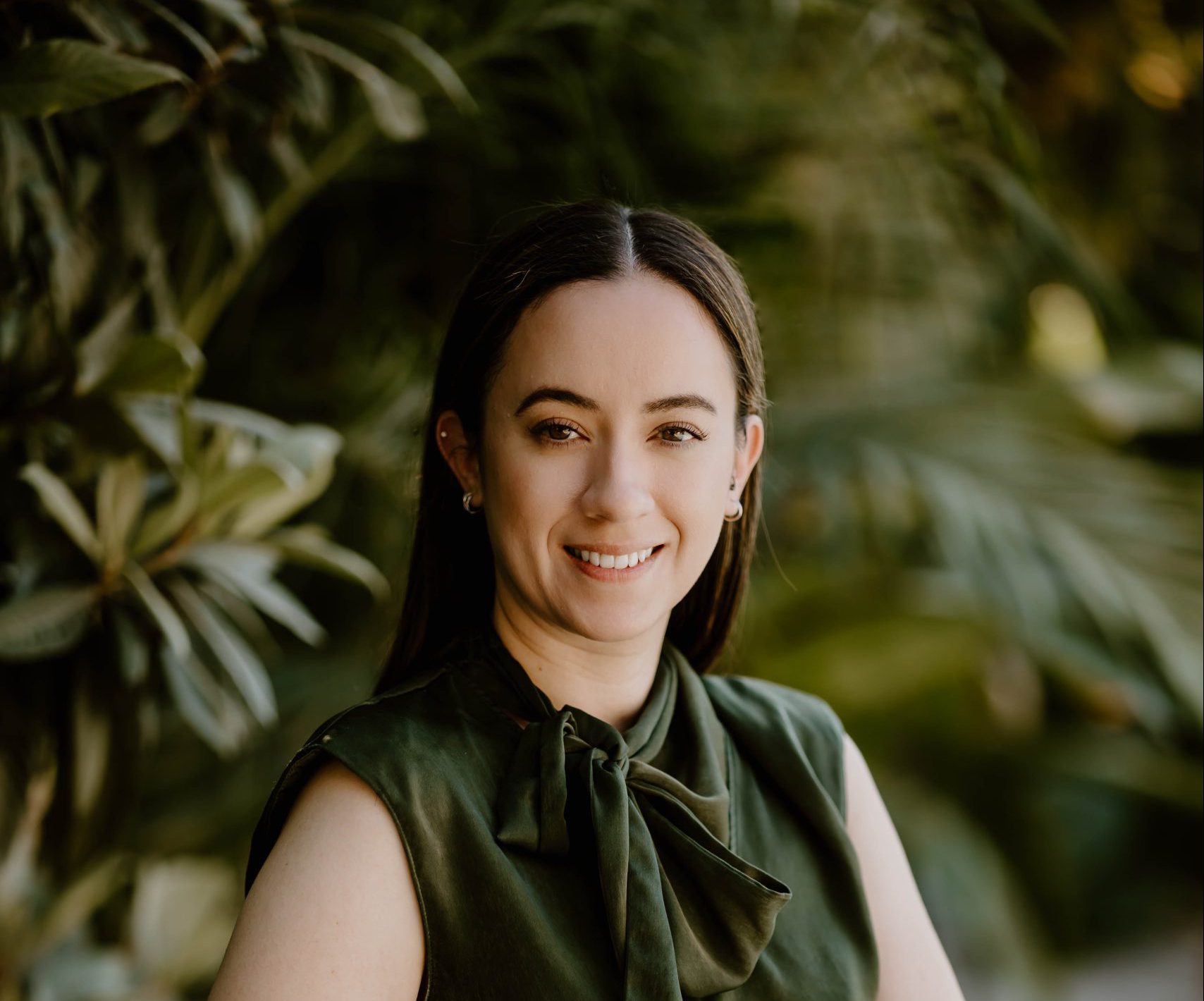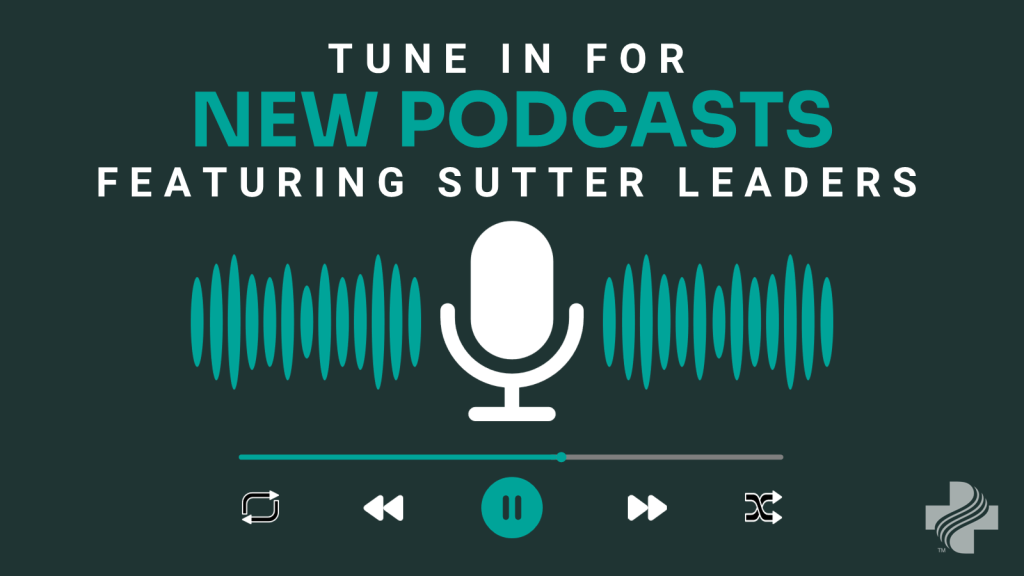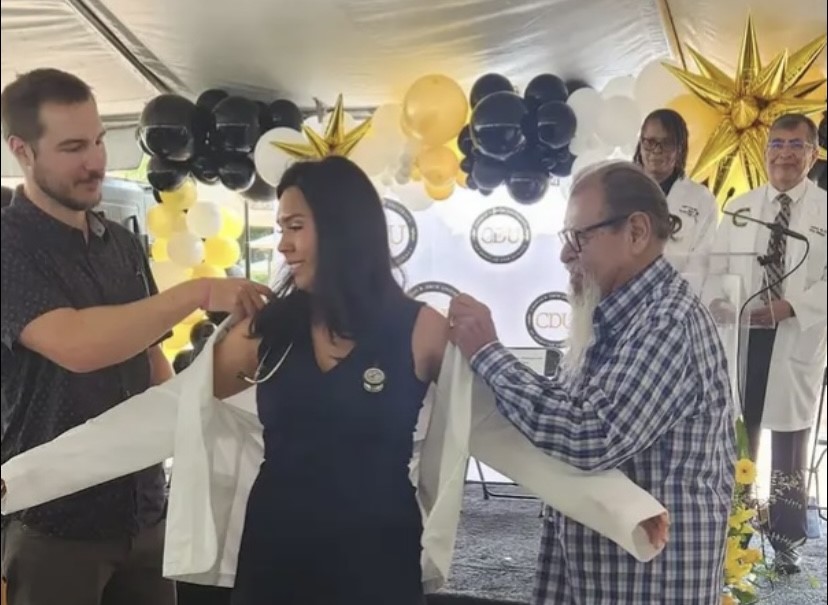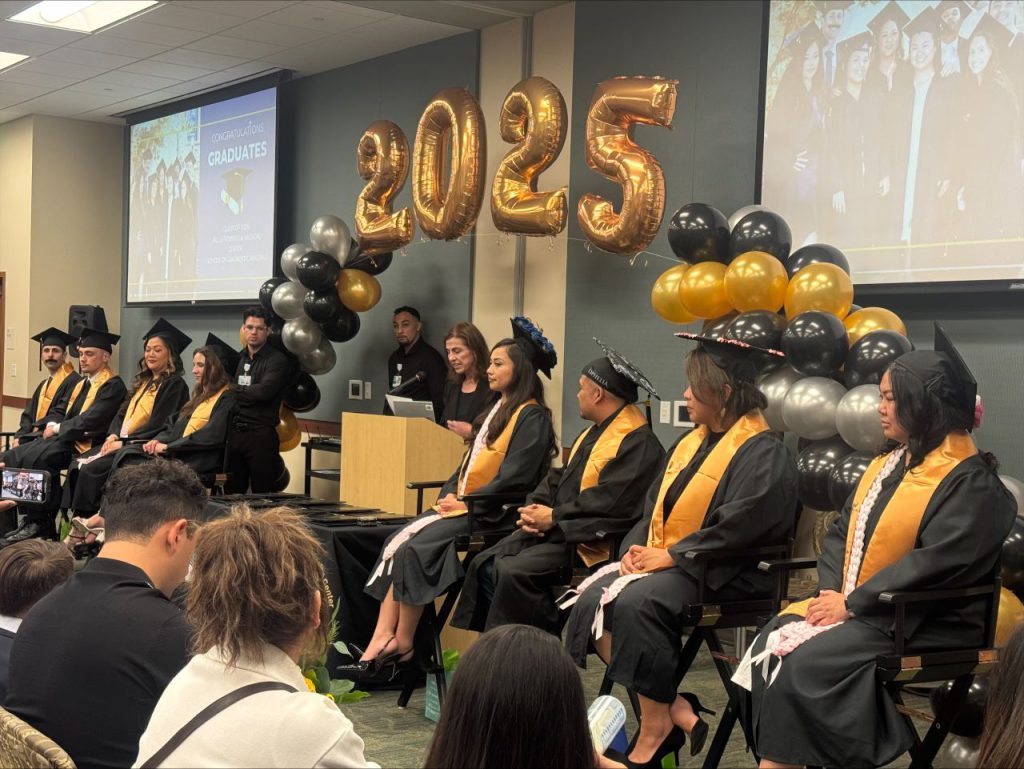Passion for Health Equity Meant to Help Improve Future Outcomes of Others
At 10 years old, one could say Irene Arroyo-Romero’s fate as a medical provider was sealed. It wasn’t a euphoric epiphany. Instead, it was a destiny sprung from uncertainty, anxiety and fear.
Arroyo-Romero joined her mother, Maria, at a doctor’s appointment. Her mother had been diagnosed with rheumatoid arthritis five years prior. None of her family, who lived in the Central California Coast town of Soledad, approximately 40 miles southeast of Monterey, spoke English fluently. When Arroyo-Romero learned enough conversational English through school, she earned the role of medical interpreter for her family.
During this appointment, Arroyo-Romero’s mother had asked her to ask the physician why her knees were swelling. The response Arroyo-Romero received from the well-intentioned doctor confused her. It was fast and full of medical jargon. Her mind churned, the English words swirling around in her head as she tried to sort and arrange them into Spanish.
Looking back on the situation today, Arroyo-Romero acknowledges the task went beyond the one at hand. It was the weight of the responsibility—the oldest of three siblings for whom she had to set an example; a first-generation Mexican American who acted as the link to the English-speaking world for her family where the language barriers were steep. It felt like the moment had a price of admission where she only had pennies on the dollar. She was flummoxed, desperate to help and unsure of what to say.
“I turned around and I told her, ‘Él dijo que tienes algo en la rodilla.’ (‘He said you have something in your knee.’) And then [my mother] freaked out,” said Arroyo-Romero.
Seeing the distress and sensing something got lost in translation, the doctor rushed from the room to ask the Spanish-speaking receptionist for help.
“When I think back to that moment, it is a clear vision” and one that guides her work today, Arroyo-Romero said.
That defining episode has propelled Arroyo-Romero, now 34, throughout her young adulthood and to the present. She graduated high school and attended the University of California, Davis. She earned a Bachelor of Science degree in neurobiology, physiology and behavior, and a Bachelor of Arts degree in Chicano Studies. She went on to earn certifications as a registered nurse and a family nurse practitioner. She worked in a variety of community health clinics and hospitals, including rotations at several Sutter care centers including Sutter Amador Hospital, Sutter Davis Hospital and Sutter Medical Center, Sacramento, where she said she valued the wide-ranging diversity of patients.
She created an afterschool program, El Corazón de la Salud, to mentor students at her alma mater, Soledad High School. She designed the program to give students early exposure to health professions with the goal of increasing representation of all demographics, including the Hispanic/Latino community, within health care professions. It was that experience which motivated her to further her education.
She went on to receive her master’s degree in nursing from Samuel Merritt University in Sacramento and is currently a Doctor of Nursing Practice (DNP) candidate at the university. In addition, she was named the inaugural fellow in the DNP program—a joint effort by the Sutter Health Institute for Advancing Health Equity and Samuel Merritt University’s Center for Community Engagement Ethnic Health Institute—earlier this year.
Arroyo-Romero and future fellows will be placed at a patient care site within the Sutter Health system where they will receive mentorship and have an opportunity to participate in groundbreaking research that can directly apply to clinical settings to help reduce health disparities.
Arroyo-Romero, who lives in Dixon with her husband and their 20-month-old son, says the prospect of publishing research that can be meaningful to other clinicians and promote wide scale change really drives her.
“I like the challenge and the platform to make a difference,” she said.
While the focus of her fellowship is still to be determined, part of Arroyo-Romero’s work today is combatting uncontrolled diabetes among Hispanics/Latinos at an Elica Health Center in Sacramento where more than 80% of her patients are Spanish-speaking only. She has a multidisciplinary approach underway with several of her patients with diabetes that has positively impacted their A1c, or blood sugar, levels.
“My interest is sparking here, and I’m seeing progress. People are offering testimonials that they feel better and feel lighter,” she said.
Arroyo-Romero understands medicine, diet and exercise are helping make a difference for her patients. It is also the connection she shares with them, making them feel more understood, safe, represented and respected. Arroyo-Romero believes this was what was lacking between her mother and her doctor years ago. She can’t help but see her mother in some of her patients today—Spanish-only speakers facing an unfamiliar diagnosis, wondering what the short-term and long-term health impacts will be for themselves and their families.
“Trust is major,” Arroyo-Romero said. “How will that trust be developed? How can they come to a conclusion together?”
For Arroyo-Romero, this isn’t a rhetorical question. Through direct patient care and her fellowship work, she will keep pushing to find out.





